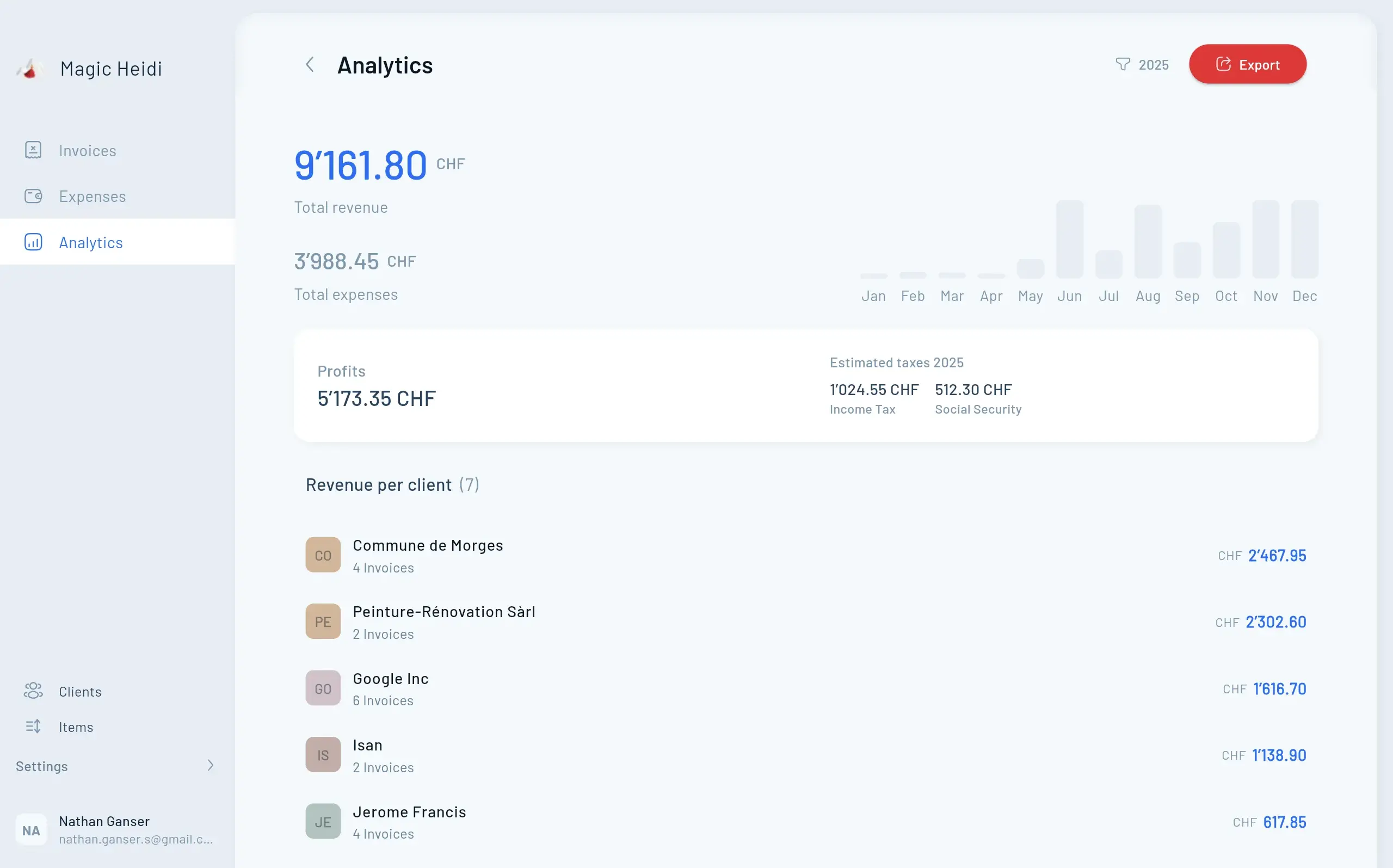Your nationality determines your path to freelancing in Switzerland:
All EU/EFTA citizens (except Croatians) can start self-employment in Switzerland. Once approved, you receive a five-year Permit B, which is renewable. The application process is straightforward, and authorities generally approve freelance work permits if you can demonstrate viable business prospects.
If you're not from the EU/EFTA, obtaining a work permit for self-employment is significantly harder. You must meet strict labor market requirements.
Exceptions include:
- Spouses of Swiss citizens
- Holders of a permanent residence permit (Permit C)
- Founders of a Limited Liability Company (GmbH/Sàrl) with a Swiss partner
Many third-country freelancers find it easier to establish an LLC with a Swiss partner rather than pursuing sole proprietorship.
Your first step is registering with an AVS compensation fund (AHV-Ausgleichskasse). This institution grants you self-employed status—not the Commercial Registry.
You must register if your annual self-employment earnings exceed CHF 2,300. The compensation fund assesses your self-employed status based on your business activities, independence from clients, and entrepreneurial risk.
As a self-employed person in Switzerland, you pay AHV/IV/EO contributions directly. In 2024, the maximum contribution is 10% of your earned income, though rates vary based on your income level.
Budget for these contributions from the start—they're not optional and differ significantly from employee deductions.
Swiss law requires all self-employed individuals to maintain accounts. Your requirements depend on turnover:
Under CHF 500,000 annually:
You can use simplified accounting, often called the "Milchbüchlein" (milk book). This system requires:
- Overview of income and expenses
- Statement of assets and liabilities
- Basic documentation of transactions
Over CHF 500,000 annually:
You must maintain full double-entry bookkeeping with complete financial statements.
Open a separate business bank account immediately. While legally you can use a personal account for self-employment income, commingling funds creates accounting nightmares at year-end.
A dedicated business account makes expense tracking, tax filing, and financial planning dramatically easier.




